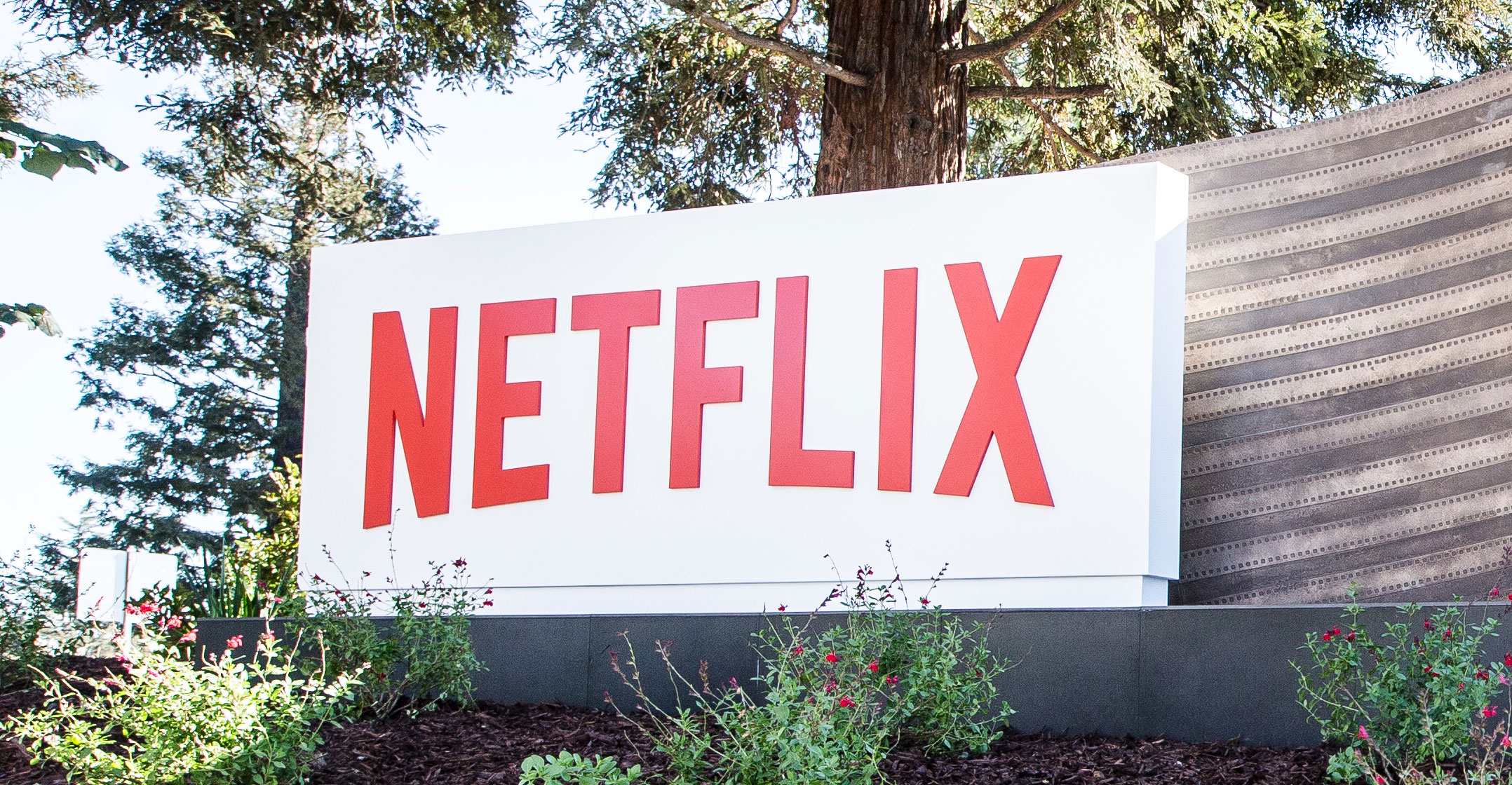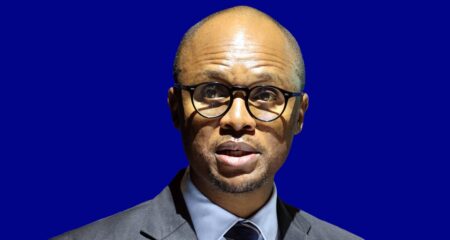
Netflix and other so-called “over-the-top” (OTT) Internet streaming services will fundamentally disrupt the pay-television industry and communications regulator Icasa is not paying enough attention to the developments, MultiChoice South Africa chief operating officer Mark Rayner said on Friday.
Rayner, who was part of a MultiChoice team presenting at Icasa hearings into the pay-TV market in South Africa, said the scale of the OTT threat to traditional broadcasters is often vastly underestimated. Netflix, he said, added more subscribers in the last quarter than MultiChoice has in total after more than 20 years in operation.
“The Internet will fundamentally change television and the audio-visual sector forever,” Rayner told a packed conference room at Icasa’s offices in Sandton in Johannesburg on the fifth and final day of the hearings.
“We are seeing a huge behavioural shift in the way people consume content,” he said. “Audio-visual services are increasingly being watched on other devices, not TV sets.”
He said “massive disruption” being caused by OTT services in the pay-TV market “is similar to how OTT services altered the newspaper and music industries”.
“It will happen very fast,” Ranyer said. “This is something we worry about. This is what keeps the lights on at MultiChoice at night. This is changing our world forever.”
The change is happening due to the rapid roll-out and falling prices of broadband, both fixed and wireless, in South Africa. This is leading to a decline, not only locally but worldwide, in traditional television, he said. Yet OTT players like Netflix are subject to “little or no regulatory oversight”.
He said MultiChoice is facing significant new competition in the streaming space, not only from Netflix, but also from Google’s YouTube, Facebook, Apple, Amazon and others, and locally services like Cell C’s Black and Liquid Telecom’s Kwese Play. He said Netflix will spend US$8bn (almost R100bn) on content this year. “That is unmatched by anyone else in the world.”
YouTube
YouTube, he added, has 1.5bn users, while Amazon has more than 100m users on its Prime service, which has a free streaming video option. Facebook is also entering the television business and acquiring long-form content. “Facebook has bought certain cricket rights that we can’t buy in South Africa because they belong to Facebook.”
Rayner estimated that Netflix has about 400 000 subscribers in South Africa, though the streaming giant doesn’t disclose its numbers for individual markets. “Netflix is in South Africa, they are advertising here, they are marketing here. But it is important to note they don’t have staff or an office here.”
However, Netflix and other international streaming companies “do not pay tax” in South Africa, he said. They also don’t contribute levies to organisations such as the Media Development and Diversity Agency or underserviced area agency Usaasa and do not pay broadcasting licence fees. They are also not required to comply with local black economic empowerment regulations, local language quotas and skills development.
Rayner said the impact of Netflix and other streaming providers has been “ignored by Icasa” in its hearings into the pay-TV sector. Its discussion document, published ahead of the hearings, “does not pay enough attention to this impact”.
MultiChoice South Africa CEO Calvo Mawela said calls by competitors for the company to be more heavily regulated risk “undermining all the good work we have done in the country”. If onerous regulations are introduced, the only companies that will benefit are the big international giants, including Netflix, Mawela said. — © 2018 NewsCentral Media




